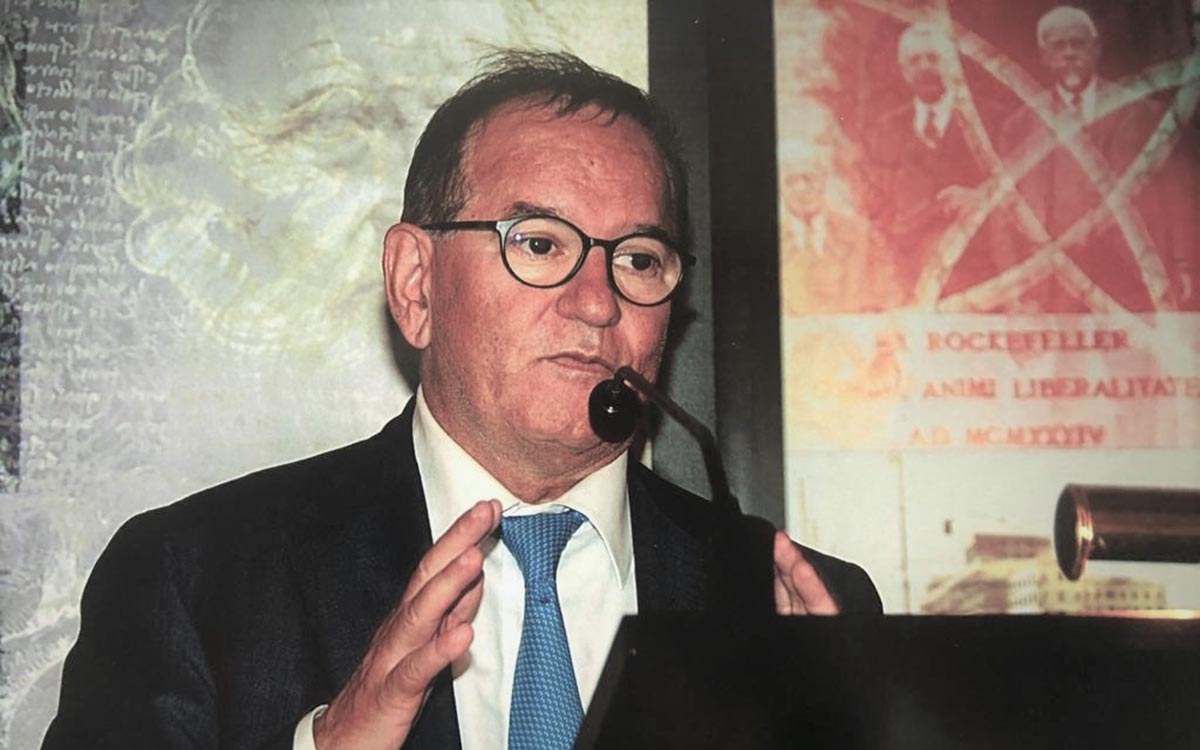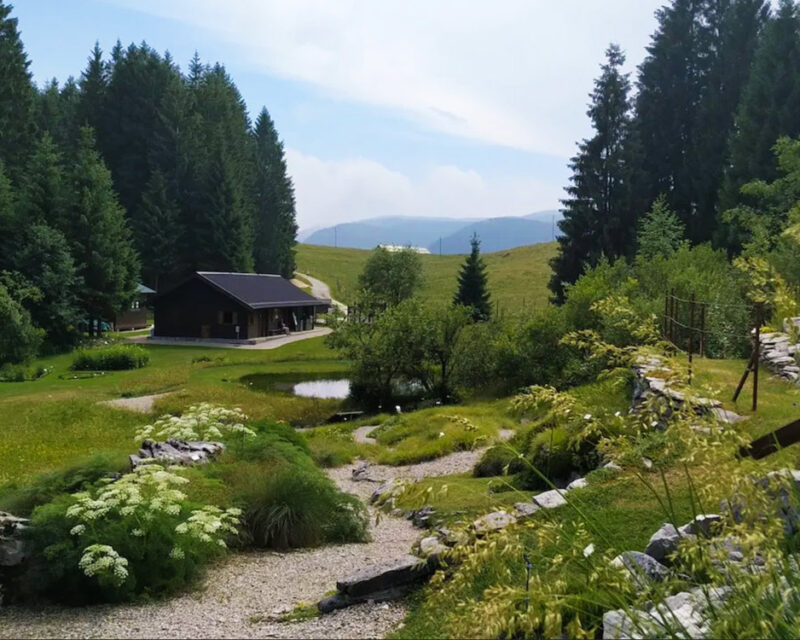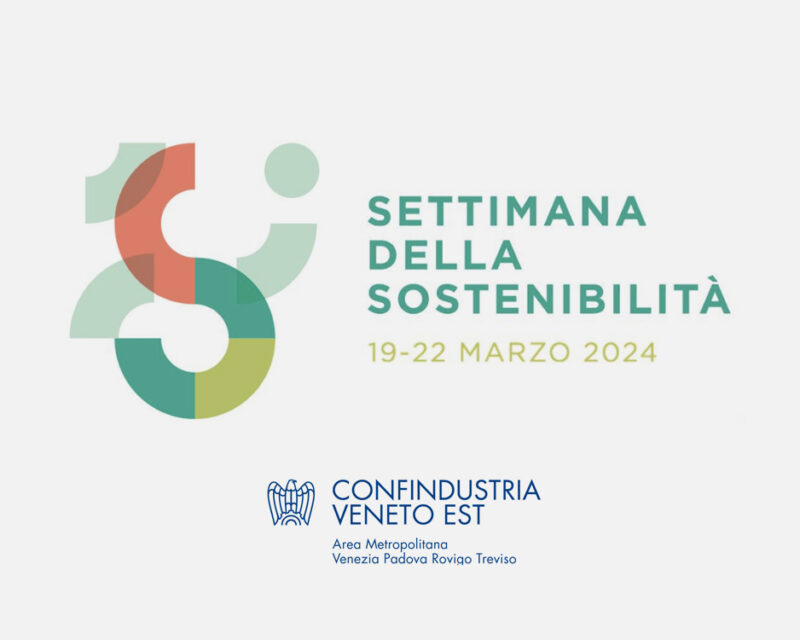Former ISS director Del Favero: "The healthcare of the future? New hospitals in strategic poles, modern residences for the elderly and the enhancement of local medicine".
He has no doubts. There was an initial international information deficit on the coronavirus. "The phenomenon was underestimated", argues Angelo Lino Del Favero. Host of the weekly live appointment on Instagram with Itlas founder Patrizio Dei Tos, the Cadore-born Del Favero knows a thing or two about health. Director of the Istituto Superiore di Sanità until last year and a long career behind him that has seen him director general of the City of Health and Science in Turin, chairman of Federsanità Anci, director of the former Ulss 7 of Pieve di Soligo and of the Belluno health service, as well as a series of prestigious consultancies.
He recounts his professional experience in a series of anecdotes, as if all that was really important over the years was not only work but also satisfaction. He smiles amusedly as he recalls the testing of the first day and night helicopter rescue service in Cadore, 'with a flight over Lake Calalzo during a blizzard, with everyone bleaching'. It was the nineties and he, a young manager in Belluno, was called to a great challenge: that of bringing healthcare to a managerial level, as we know it today. Then came the Treviso experience. "I really enjoyed it, we did some very nice things," he confesses today, recalling the transformation of the De Gironcoli hospital and the birth of the Vittorio Veneto hospice. Certainly more challenging but for him no less positively charged was the experience in Turin, with the reorganisation of the city's four major hospitals. "Then the call from the Superior Institute of Health. I was uncertain whether to accept or not, but I had no time to reflect. I found myself in a new world, in the Roman world, with a type of management I was not used to. I created a team in a difficult environment, with around two thousand employees, ninety per cent of whom were researchers, with 600 precarious workers who were almost all stabilised in the end. A huge job,' Angelo Lino Del Favero recounts - "with the first investments in information technology".
Returning to today, the former director of the ISS expresses a positive judgement on the Italian management of the emergency during the pandemic. "The Veneto immediately had the courage to make choices". Lombardy - he says in his analysis - hesitated because of the exchange of competences, but also because of people's lack of habit of resorting to local healthcare. And this has resulted in the clogging up of hospital facilities". The success of the Veneto and Emilia Romagna models is due "to the district organisation of the territory and the role played by general practitioners, but above all to the presence of prevention departments that are proven structures with very well-equipped teams".
During a recent hearing in the Senate, Del Favero was asked whether in his opinion a centralised healthcare system is better or not. "The regions - says the former manager - have shown that they are quick to understand the right direction to take because they are the ones in the field on a daily basis. In my opinion, it is possible to have a perfect dialogue between the periphery and the central state, just as has been the case in Germany in recent months. But we must not forget that there are differences in public health between northern and central and southern Italy and that the central state is called upon to protect the health of all its citizens".
The emergency is not over, but the epidemiological curve is dropping day by day. An experience that, according to Del Favero, is fundamental in building the future of Italian healthcare. "The COVID hospitals should be maintained as emergency facilities. Before the pandemic, - he says - "places in resuscitation were already underestimated, because they cost money. Beds should be increased and, if as it seems, resources arrive from Europe, new hospitals should be built in strategic poles. And then it is necessary to modernise the healthcare residences for the elderly and make more use of local medicine".
Today, Angelo Lino Del Favero, among many other tasks as a consultant, is also managing a sanitation company. "From now on, - he says - "there will be much more focus on hygiene. If pandemics increase over time, we will be forced to adopt hygienic criteria, even if not the extreme ones of today".



